
Beck and Call or Beckon Call: What’s the Difference?
Beck and Call or Beckon Call: Ever wondered which phrase is correct? You’re not … Read more

Whoever or Whomever: What’s the Difference?
Whoever or Whomever often confuses many writers because both words look similar but serve … Read more

Maxim vs Axiom: What’s the Difference?
Maxim vs Axiom: What’s the real difference? Many find themselves puzzled when trying to … Read more
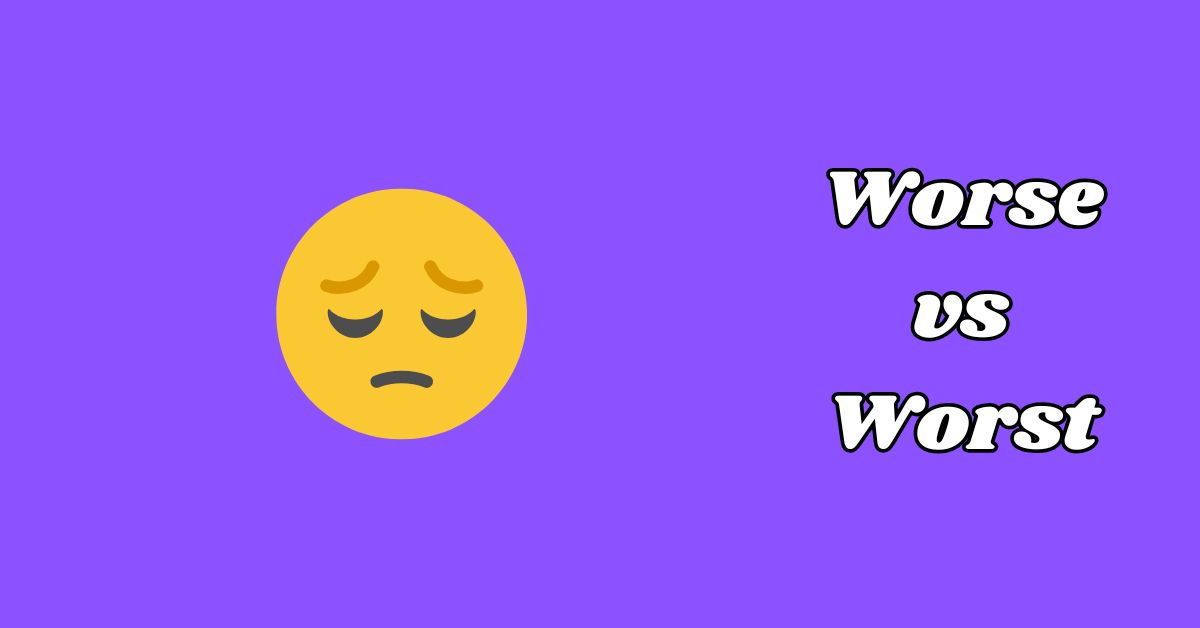
Worse vs Worst: What’s the Difference?
Worse vs Worst are two words that often confuse English learners and native speakers … Read more
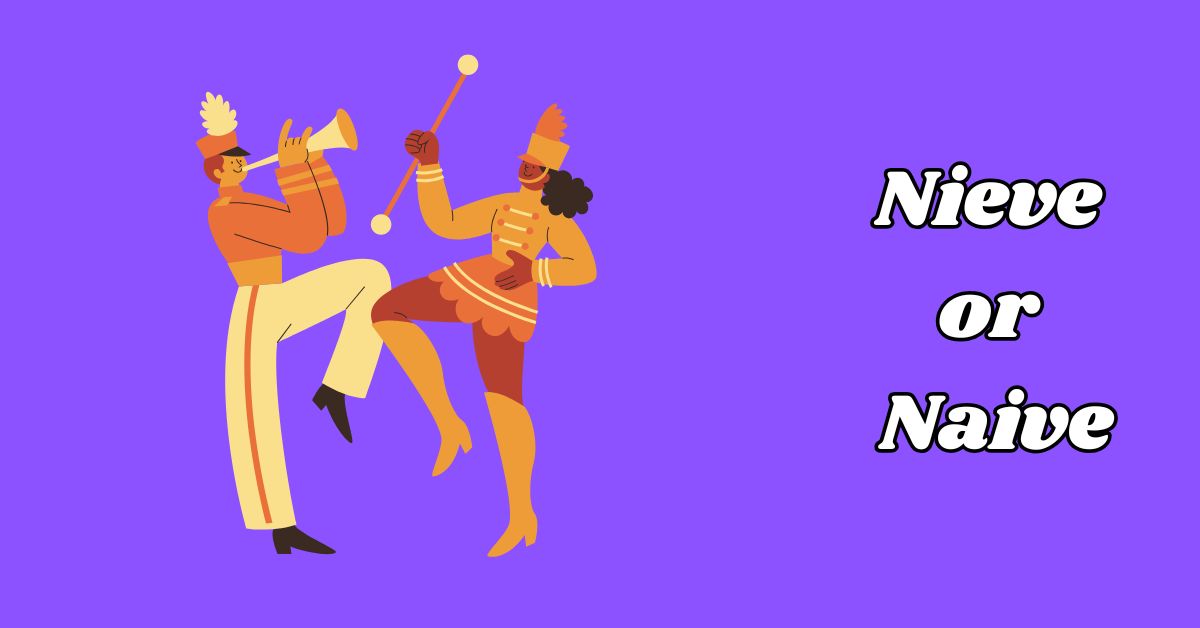
Nieve or Naive: What’s the Difference
“Nieve or Naive” trips up writers, students, and even seasoned professionals. At first glance, … Read more
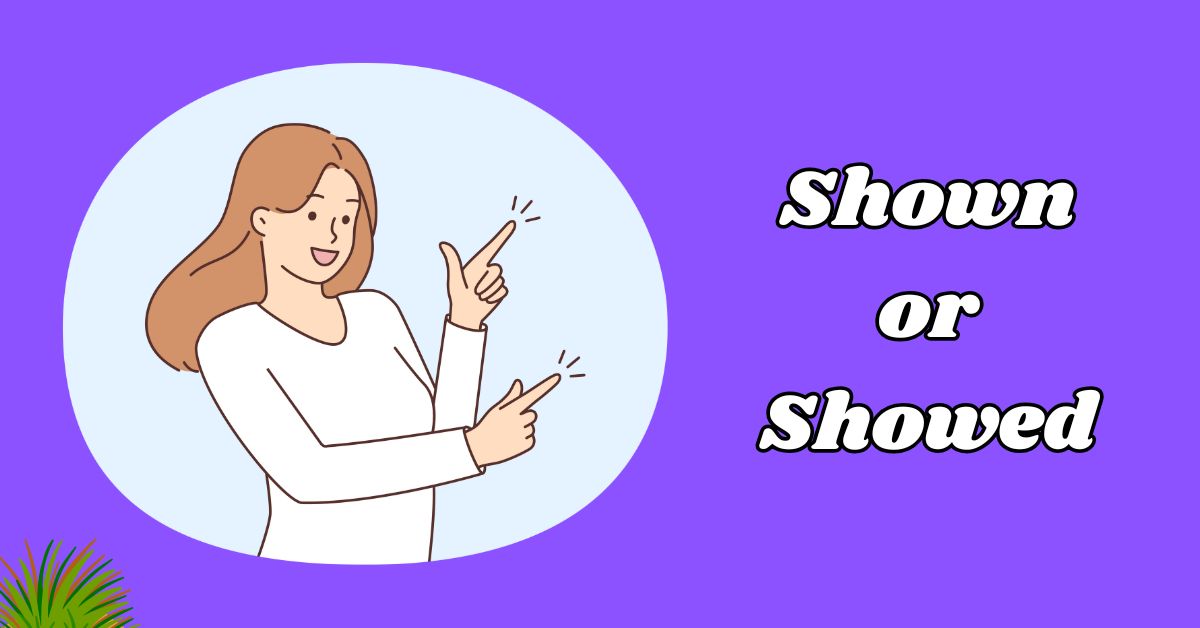
Shown or Showed: What’s the Difference?
Shown or Showed is a common point of confusion in English grammar, particularly when … Read more
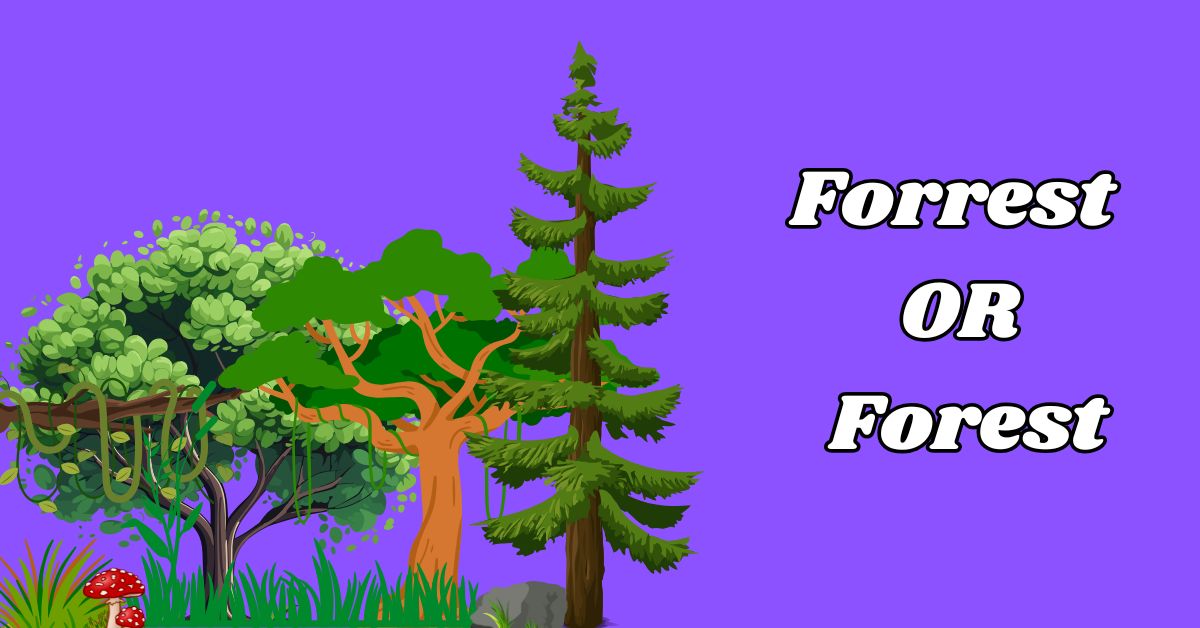
Forrest or Forest: What’s the Difference
Forrest or Forest: Understanding the difference between these two words is crucial for clear … Read more

Further vs Farther: Master These Confusing Words in Minutes
Further vs Farther is a common source of confusion in the English language, particularly … Read more
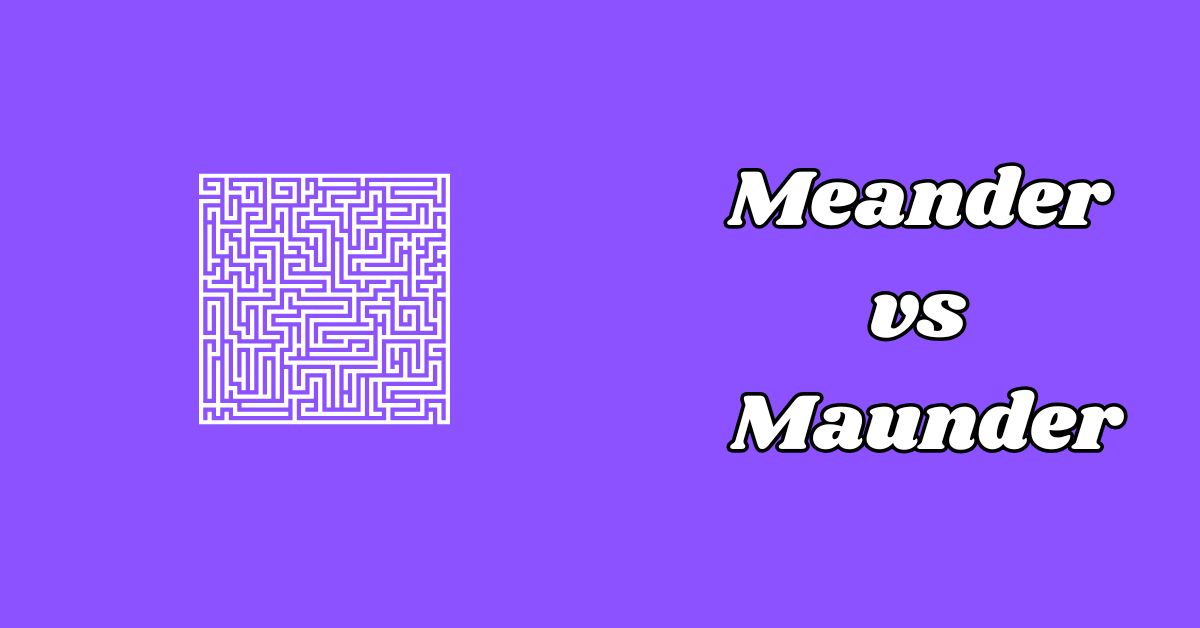
Meander vs Maunder: Master These Confusing Words in Minutes
Meander vs Maunder are two words that often confuse English speakers due to their … Read more
